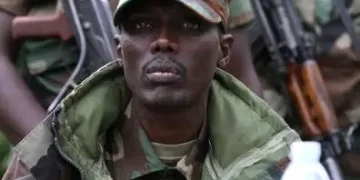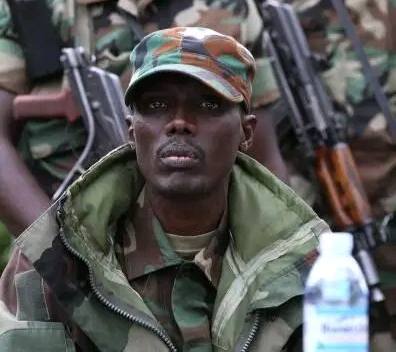The March 23 Movement (M23) has said it is ready to disengage and withdraw from occupied areas in response to the communique of the mini-summit held in Luanda, Angola.
In a statement dated December 6, M23 spokesperson, Lawrence Kanyuka, refers to the minisummit held on November 23, 2022, in Luanda, noting that M23 will maintain the current ceasefire.
“In regards to the implementation of the said recommendations, the M23 is ready to start disengagement and withdraw, even though it was not represented in the said summit,” he said.
M23 rebels have been in control of the Bunagana border and Kitigoma townships.
“The M23 lends its support to the regional efforts to bring long-lasting peace in the DRC.”
Kanyuka further requested a meeting with the East African Community Regional Force and Ad-Hoc Verification Mechanism to agree on the process.
“The M23 requests a meeting with the East African Regional Force and Ad-Hoc Verification Mechanism to discuss the implementation modalities and renews its request or a meeting with the mediator and facilitator in a way to discuss the matter of its concerns.”
Kanyuka said they were also ready to engage in talks with President Felix Tshisekedi’s government to find a lasting solution to the conflict.
“The M23 reiterates its readiness for direct dialogue with the DRC government in order to find a lasting solution to the root causes of the conflict in the Eastern DRC.”
On Sunday, US Secretary of State, Antony Blinken, urged President Paul Kagame to end Rwanda’s assistance to M23, an armed group that has been designated by the United States and the United Nations, and honour commitments made during the November 23 Luanda Mini-Summit.
Kinshasa accuses Rwanda of supporting M23 rebels while Kigali accuses DR Congo of supporting Democratic Forces for the Liberation of Rwanda (FDRL) rebels.









